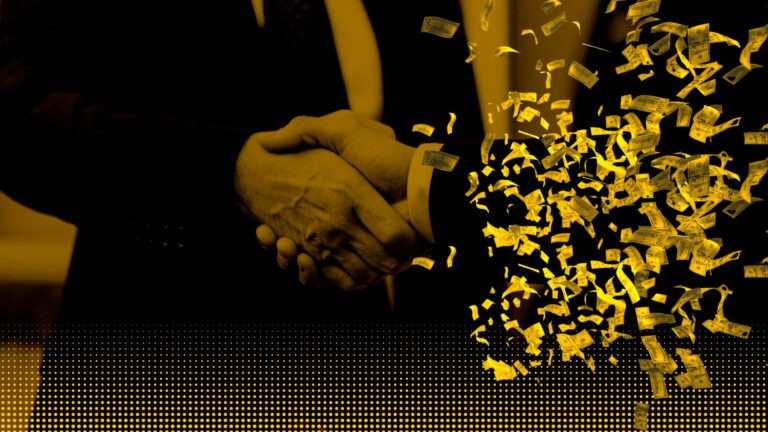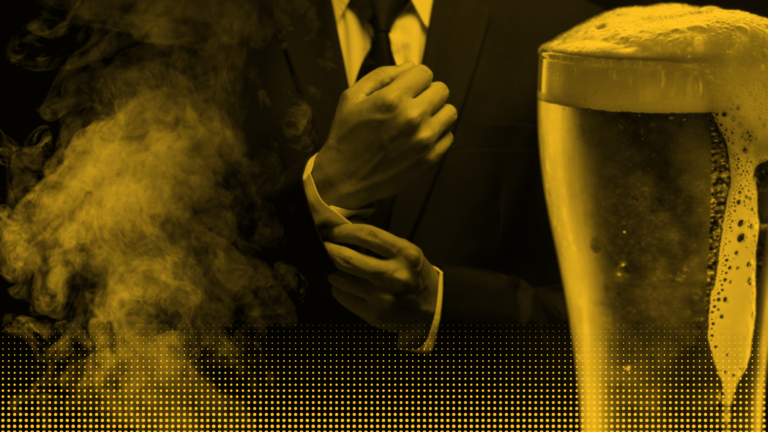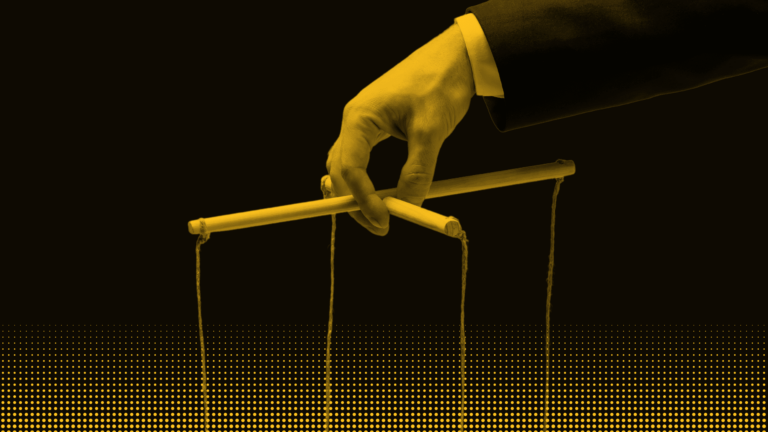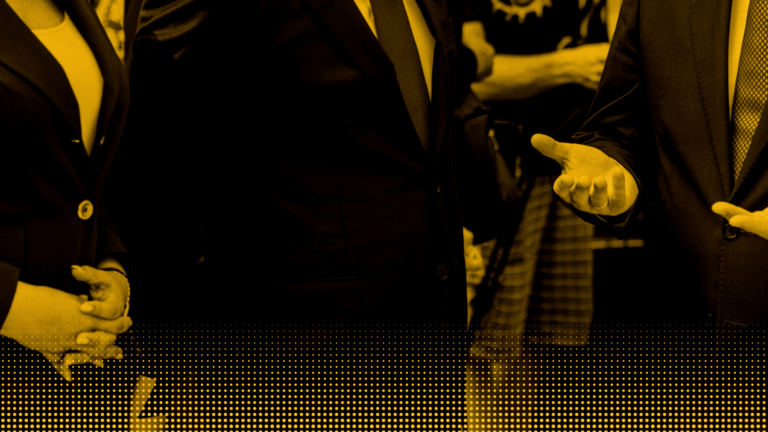This company profile of Anheuser-Busch InBev (AB InBev) reveals the unethical practices of the world’s largest beer producer. It provides examples of harmful methods across the categories of political interference, promotion, sabotage, manipulation, and deception – the Dubious 5 strategies.
Introduction
AB InBev is a Belgian multinational beverage and brewing company based in Leuven, Belgium. It has a global functional management office in New York City, and regional headquarters in São Paulo, London, St. Louis, Mexico City, Bremen, Johannesburg, and elsewhere.
- AB InBev is the biggest beer producer in the world.
- Michel Doukeris is the CEO of AB InBev since July 2021.
AB InBev is a beer giant created by multiple take-overs of competitors:
- AB InBev was formed through the Belgian InBev acquiring the American company Anheuser-Busch.
- InBev itself was a beer giant created by the merger of Belgium-based Interbrew and Brazilian beer giant AmBev in 2004. It existed independently until the take-over by Anheuser-Busch in 2008, which formed Anheuser-Busch InBev.
- The beer giant became the largest beer producer in the world.
- AB InBev took over its main competitor SABMiller in October 2016. At the time SABMiller was the second largest beer brewer worldwide by revenue.
- The new “beerhemoth” controls more than 500 beer brands sold in over 150 countries. Their international brands include Beck’s, Stella Artois, Brahmas, Budweiser, Corona, Leffe and Hoegaarden.
At the time of the creation of the beerhemoth, researchers wrote:
The merger between the world’s two largest beer producers – AB InBev and SABMiller – has potentially far-reaching consequences for health in Africa. The deal, announced in November 2015 and agreed by the European Commission on May 24 [2016], will result in this new conglomerate having a dominant position in the global beer market…”
– Hanefeld J, Hawkins B, Knai C, et al. What the InBev merger means for health in Africa. BMJ Global Health 2016;1: e000099. doi:10.1136/ bmjgh-2016-000099
The merger between the world’s two largest beer producers – AB InBev and SABMiller – is unfolding far-reaching consequences for health in Africa. The deal, announced in November 2015 and agreed by the European Commission on May 24 [2016], will result in this new conglomerate having a dominant position in the global beer market…”
Fast Facts about AB InBev in 2022
- Total revenue: $57.8 billion
- Net profit: $19.8 billion (EBITDA*)
- Marketing spending: $7.3 billion
- Lobbying spending (US): $5,100,000 (2022, US only)
- Lobbying spending (EU): €300,000 – 399,999 (2022, EU only)
- Total volume beer sold: 518 million hl
- Global beer market share (volume): 27.4%
- Number of employees: 169,000
- Worldwide operations: 50 countries
Anheuser-Busch InBev generated global revenue of over $57 billion in 2022. This was an increase over the $54 billion dollars in revenue in 2021.
*EBITDA – Earnings before interest, tax, depreciation, and amortisation
AB InBev involvement in front groups
- The Portman Group
- International Alliance for Responsible Drinking (IARD)
- World Brewing Alliance
- World Federation of Advertisers
- FoodDrinkEurope
- European Business Summit
- Brewers of Europe
Interfering in policy and science
AB InBev front groups are designed to advance long-term public relations goals to interfere in both policy and science.
Our biggest opportunity is in the beer category, which is inclusive, natural, and local. We want to move from being the category leader to leading category growth.”
– AB InBev Annual Report 2021
UNETHICAL PRACTICES by AB InBev
 Political interference
Political interference Big Alcohol Lobbying Exposed: Beer Giant Is Second Biggest Political Donor in Colombia
Investigative reporting by independent publication La Silla Vacía reveals the money the alcohol industry pumps into political parties. AB ...
 Manipulation
Manipulation Exposing Greenwashing in the Alcohol Industry: Cerveza Corona’s Bottle Return Campaign
Alcohol industry companies engage in manipulation activities to protect and cultivate its image and brand value, deploying manipulation ...
 Manipulation
Manipulation Civil Society Organization partners with Bavaria
Civil society organisation collaborating with the alcohol brand “Bavaria” to offer capacity building in promoting so called ...
 Political interference
Political interference Novel Insights Into Big Alcohol’s Lobbying Footprint in the United States
This study shows how comparing the lobbying practices of different health harmful industry, including Big Alcohol, offers a deeper ...
 Sabotage
Sabotage Heineken Exposed for ‘Slave Labor’ Practices in Brazil
Brazilian brewery Kaiser, which is owned by Heineken, has been added to the government’s list of companies responsible for labor ...
 Deception, Sabotage
Deception, Sabotage Brazil: Supported by Big Alcohol, Research Center Defines Standard Unit of Alcohol 40% Higher Than World Health Organization
Center financed by alcohol giants Heinken and AB InBev is used as a reference by the Ministry of Health and provides data that favors ...
BROWSE MORE UNETHICAL PRACTICES by AB InBev
BIG ALCOHOL IN THEIR OWN WORDS
Whisky brands are very reliant on a small number of heavy, and increasingly ageing, consumers, to provide the majority of volume [...] in the longer term we had to attract more younger drinkers—the heavy- using loyalists of tomorrow [to avoid] the potentially disastrous implications of losing heavy drinkers”.

“If Miller Lite was to be a large profitable brand we had to attract these young heavy drinkers”.

To the extent [that laws or regulations or actions against us to substantially curtail the consumption of alcohol, including beer] gain traction, they could have a material adverse effect on our business and financial results. For example, the European Union published its Europe Beating Cancer Plan. As part of the plan, by the end of 2023, the European Union has indicated it will issue a proposal for mandatory health warnings on alcohol beverage product labels."
Source: Molson Coors Annual Report 2022

